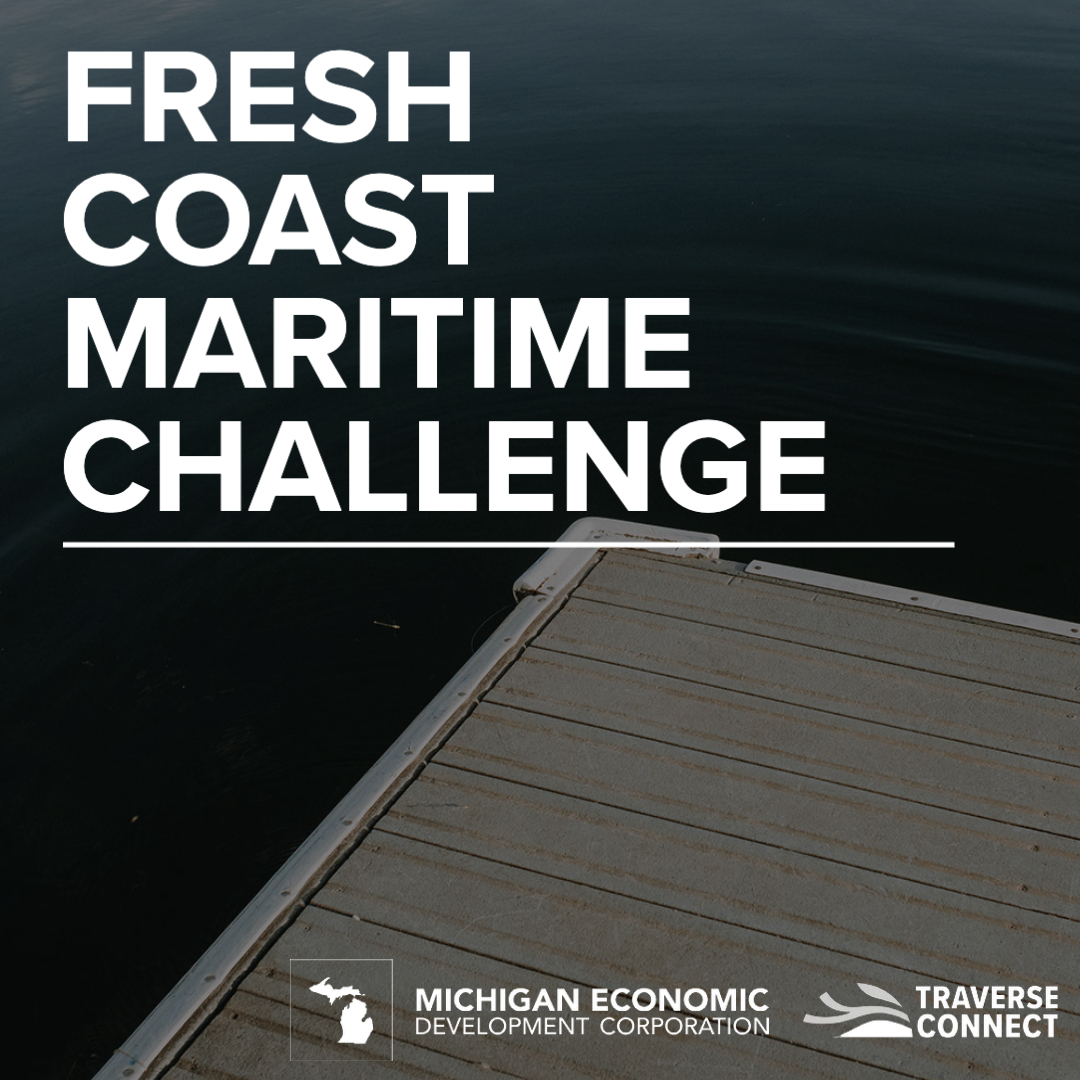A new first-of-its-kind program in the U.S. that helps advance sustainable maritime travel will put Michigan at the forefront of the electric boating revolution. Michigan Governor Gretchen Whitmer announced the Fresh Coast Maritime Challenge, which establishes a grant program that offers companies assistance to support the decarbonization and electrification of both marinas and watercraft across the state.
“The Fresh Coast Maritime Challenge represents the intersection of mobility, outdoor recreation, and economic development and will create wide-reaching benefits across the entire state of Michigan,” said Governor Whitmer. “This Challenge will serve to modernize one of the most prevalent methods of mobility in Michigan while supporting sustainable marinas and commercial watercraft and protecting the beauty of our Great Lakes for generations to come.”
The Michigan Economic Development Corporation’s Office of Future Mobility and Electrification has partnered with Traverse Connect to identify grant recipients and facilitate distribution of funds, with the initial phase of funding focusing on Michigan’s northwest corridor.
“Our vision for the Grand Traverse region is to be the epicenter for the new electric boating industry – from hosting development and manufacturing of watercraft and charging stations to serving as the hub of a fully-functioning corridor for recreational and commercial boat traffic,” adds Warren Call, president and CEO of Traverse Connect. “Electrification of the marine industry is at the heart of our growing Blue Economy, which will further diversify and grow our larger economic ecosystem.”
The program offers commercial enterprises of all sizes a cost-effective and sustainable way of transitioning watercraft from diesel to electric power, and is a step towards Michigan’s goal to be carbon neutral by 2050. Already, key developments include the deployment of an AQUA superPower rapid charger at Elk Rapids Marina, the conversion of a Mackinac Island Ferry Company passenger ferry to zero-emissions electric power and funding to upgrade the Beaver Island Ferry to be more efficient, reliable, and environmentally friendly.
“Our Great Lakes are an integral part of Michigan’s mobility ecosystem, which is why it is critical that we continue to prioritize the development of sustainable, accessible mobility solutions past just our roads,” says Kathryn Snorrason, interim chief mobility officer for the State of Michigan. “We look forward to reviewing the proposals submitted for the Challenge, and partnering with forward-thinking innovators to create a modern electrified coastline.”
Visit michiganbusiness.org to learn more.



